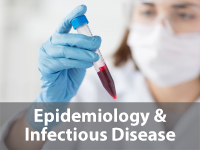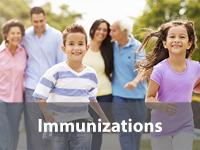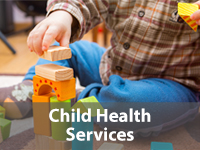Hand, Foot and Mouth Disease
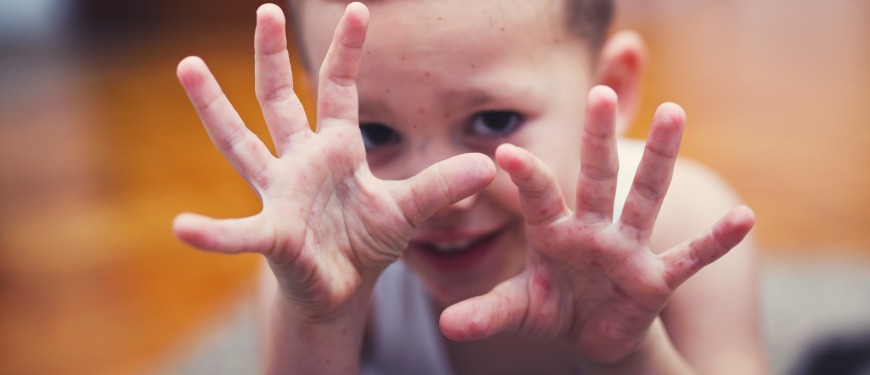
What is Hand, Foot and Mouth Disease?
Hand, foot and mouth disease (HFMD) is a common viral illness that affects people of all ages, but infants and children younger than 5 years old are especially vulnerable. The illness is typically mild, and nearly all people recover in 7 to 10 days without medical treatment. HFMD is caused by several different viruses and it’s possible that people can get the disease again. In rare cases, further complications can occur.
Symptoms of HFMD
Most people who get HFMD will only have mild illness or no symptoms. Symptoms usually appear within 3-6 days of inital infection. Those with symptoms may experience:
- Fever
- Sore throat
- Reduced appetite
- Malaise or a general feeling of illness
- Painful sores in the mouth (can develop 1-2 days after fever begins)
- Skin rash, flat red spots and sometimes blisters on the palms of hands and soles of feet. May also appear on elbows, knees, buttocks or genital region.
Some people, especially young children, may get dehydrated if they are not able to swallow enough liquids because of painful mouth sores. If your child has painful mouth sores avoid acidic or spicy foods which may cause further pain. While HFMD is usually not a serious illness, in rare cases a person may experience complications including:
- Viral meningitis
- Polio-like paralysis
- Encephalitis
- Death
Who is at Risk?
HFMD is an illness that commonly affects infants and children under age 5, but it can sometimes occur in older children and adults. Infected adults are less likely to display symptoms, but they can still pass the disease to others.
How HFMD Spreads
Like most viruses, HFMD can be transmitted in a variety of ways:
- A person with the infection sneezes, coughs, or blows their nose nearby
- Close contact with an infected person, such as kissing, hugging, or sharing cups and eating utinsels
- Touching your nose, eyes, or mouth after you have touched something contaminated by the virus, such as a toy, doorknob or surface
- Handling an infected person’s feces (for example when changing a diaper)
- Contact with fluid from the blisters of an infected person
People with HFMD are most contagious during the first week of their illness. However, they may sometimes remain contagious for weeks after symptoms go away. Some people, especially adults, may not develop any symptoms, but they can still spread the viruses to others.
Preventing HFMD
There is no vaccine or medication to protect against HFMD. However, you can reduce the risk of getting infected with the viruses by following a few simple steps:
- Wash your hands often with soap and water for 20 seconds, especially after changing diapers and using the toilet, and help young children do the same
- Avoid touching your eyes, nose and mouth with unwashed hands
- Avoid close contact such as kissing, hugging, and sharing cups and eating utensils with people who have HFMD or similar symptoms
- Disinfect frequently touched surfaces and objects, such as toys and doorknobs, especially if someone is sick
- Staying at home, away from work, school or any gatherings, if you or your child has HFMD symptoms
Treating HFMD
There is no specific treatment HFMD. Symptoms can be relieve in a few ways:
- Use over-the-counter medicines to treat fever and pain. Remember, aspirin should not be used to treat a child’s symptoms
- Use mouthwash or oral sprays that can numb mouth pain
- Drink plenty of fluids to prevent dehydration caused by loss of body fluids
If symptoms become severe and unmanageable, contact your healthcare provider.
Report all Hand, Foot and Mouth Disease clusters to NCHD at 478-751-6303 or via the State Electronic Notifiable Disease Surveillance System. For more reporting options, visit our Epidemiology and Infectious Disease page.
Learn about our related health services:


 Contact Us
Contact Us Locations
Locations Job Openings at North Central Health District
Job Openings at North Central Health District Internships
Internships Board of Health
Board of Health Cost and Insurance
Cost and Insurance Privacy Policy
Privacy Policy Teens & Adults
Teens & Adults For Children
For Children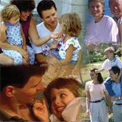 Other Programs
Other Programs County Environmental Health Offices
County Environmental Health Offices Chemical Hazards
Chemical Hazards Tourist Accommodations
Tourist Accommodations Food Service
Food Service Rabies Control
Rabies Control Lead Poisoning Prevention
Lead Poisoning Prevention Body Art
Body Art Land Use
Land Use Swimming Pool Program
Swimming Pool Program Water Testing for Private Wells
Water Testing for Private Wells Environmental Health Complaints
Environmental Health Complaints Georgia Food Recall Alerts
Georgia Food Recall Alerts Personal & Family Preparedness
Personal & Family Preparedness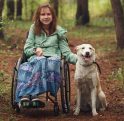 Emergency Preparedness for Functional & Access Needs
Emergency Preparedness for Functional & Access Needs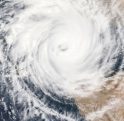 Severe Weather Preparedness
Severe Weather Preparedness Emergency Preparedness Training
Emergency Preparedness Training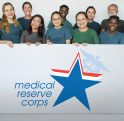 Medical Reserve Corps
Medical Reserve Corps Regional Healthcare Coalitions
Regional Healthcare Coalitions Strategic National Stockpile/Medical Countermeasures
Strategic National Stockpile/Medical Countermeasures